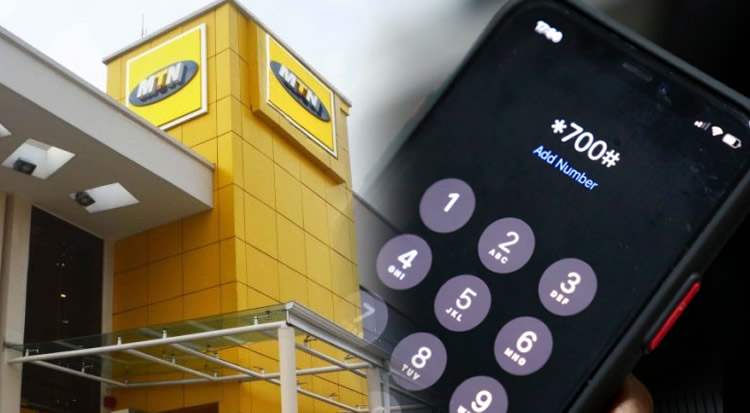USSD debt: Subscribers, banks, telcos reach agreement on airtime billing.
The Nigerian Communications Commission and the Central Bank of Nigeria have approved a new billing arrangement that gives telecommunications operators immediate access to money earned by Unstructured Supplementary Service Data offerings.
The new mechanism, known as the End-User Billing framework, enables MTN, Airtel, 9mobile, and Glo to deduct USSD service charges directly from subscribers’ airtime balances, eliminating the need for banks as payment intermediaries.
Mobile carriers have complained that banks are not remitting service fees to them, despite receiving over ₦200bn by the end of 2024.
“Previously, banks would remove money from our accounts without remitting it to the telcos. “It was always a problem,” Adeolu Ogunbanjo, President of the National Association of Telecom Subscribers, told The PUNCH.
Under the amended model, members will pay N6.98 each session lasting up to 120 seconds after receiving a prompt to opt in and approve the deduction.
The EUB model, according to NATCOMS President, is a long-overdue change that improves transparency and accountability in the sector.
Ogunbanjo’s statement came after the Association of Licensed Telecom Operators of Nigeria announced on Wednesday that the new billing system would be implemented. As of last week, some commercial banks, including GTB, UBA, and FCMB, had already informed their customers that USSD transactions would henceforth be charged straight to their airtime.
He praised the NCC, the telecom regulator, for spearheading the change in partnership with the CBN, and expressed optimism that the new model will motivate operators to improve service performance.
“Hopefully, the telcos will now use this to develop the telecom sector so that we won’t be having poor-quality services,” Ogunbanjo told reporters.
The issue over USSD billing began in 2019, when telecom operators accused banks of failing to make agreed-upon payments for services rendered. This spurred the CBN and NCC to implement an interim solution in 2021, adopting a flat-rate charge of N6.98 each USSD session, which banks would collect on behalf of telcos.
However, compliance was patchy, with operators warning of service disruptions and threatening to disconnect indebted banks.
ALTON Chair Gbenga Adebayo stated, “This changeover is a watershed moment in the evolution of Nigeria’s digital financial sector. It intends to provide a transparent, sustainable, and customer-centric approach for USSD service delivery.”
The telecom chief further promised consumers that USSD services would not be disrupted and that existing codes for activities such as balance enquiries, fund transfers, and bill payments would remain active.
He recommended users having difficulties to contact their mobile network operator, while issues with individual transactions should be referred to their banks.
USSD is an important tool for digital financial inclusion in Nigeria, especially for consumers in rural and underserved areas who do not have access to smartphones or internet-connected devices.
With the billing model completely aligned with subscriber consent and direct payments, stakeholders anticipate increased trust and efficiency throughout the digital finance value chain.
The telecom industry was technically ready for end-user billing, but most lenders had failed to achieve important regulatory and operational requirements, such as clearing old debts and implementing error reporting and compensation systems.
According to a joint circular published by the CBN and NCC on December 20, 2024, the transition to end-user billing will only be triggered for banks and telcos that meet the specified payment criteria.
Banks still owe telcos money, but a payment plan has been agreed upon to satisfy the outstanding arrears. The proposal is broken down into three phases: banks must pay 60% of old payments by January 2, 2025; settle all outstanding pre-existing bills by July 2, 2025; and pay 85% of new invoices by December 31, 2025.




